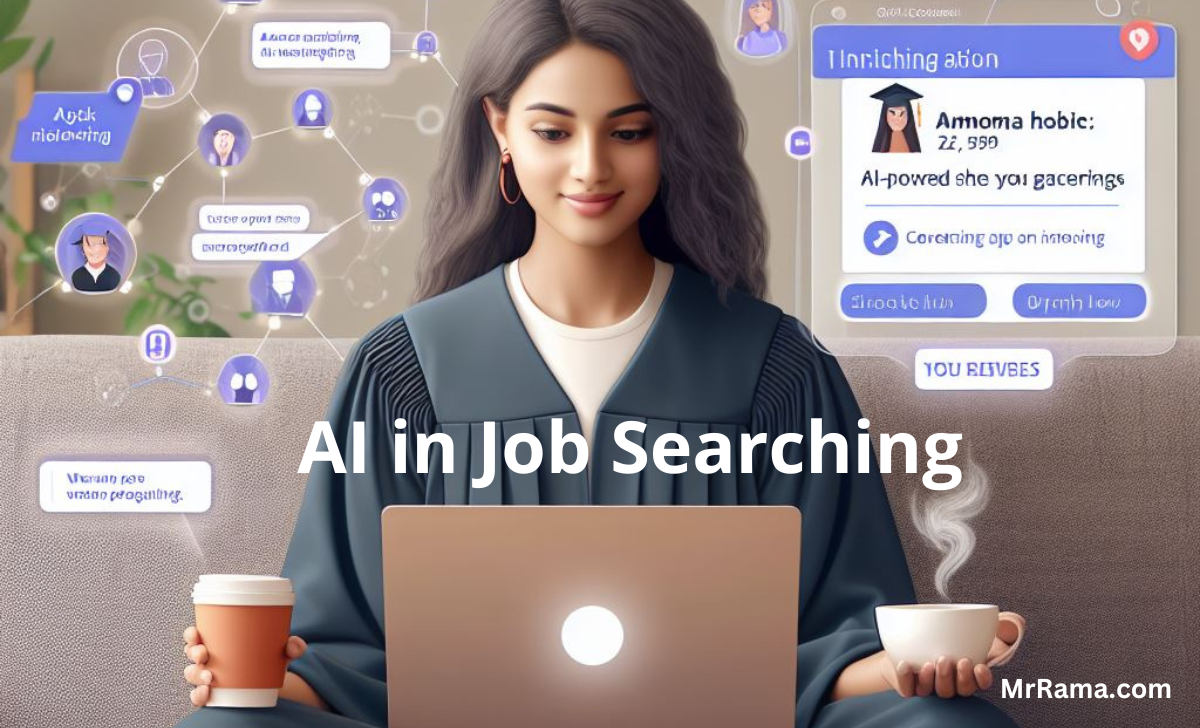|
Listen Now Our Blog Podcast
Getting your Trinity Audio player ready...
|
Generative AI in the Finance Sector & Use Cases
The world of finance, once a bastion of human expertise and intuition, is witnessing a seismic shift. At the forefront of this revolution stands a new breed of intelligence: Generative Artificial Intelligence (GenAI).
This powerful technology is no longer the stuff of science fiction; it’s rapidly reshaping financial processes, from generating reports and managing portfolios to analyzing markets and even crafting personalized financial advice.
But what exactly is GenAI, and how is it impacting the financial sector? Let’s delve into the fascinating world of these intelligent machines and explore some of the most compelling use cases of GenAI in finance:
1. Content Creation Powerhouse: Say goodbye to writer’s block! GenAI can now generate high-quality financial reports, articles, and even marketing materials in a fraction of the time it takes humans.
Imagine AI algorithms churning out insightful market analyses, detailed investment breakdowns, and engaging client summaries – all tailored to specific audiences and market trends.
This not only reduces the workload for financial professionals but also ensures consistent, data-driven content that stays ahead of the curve.
2. The Portfolio Whisperer: GenAI can become your personal portfolio management oracle. By analyzing vast amounts of historical data and real-time market fluctuations, AI algorithms can suggest optimal asset allocation strategies, identify undervalued opportunities, and even predict potential risks.
This empowers investors to make informed decisions, diversify their portfolios, and optimize returns, all with the assistance of an ever-learning AI companion.
3. Algorithmic Alchemy: Forget crystal balls and tarot cards; GenAI is the new market forecasting tool. By ingesting and analyzing mountains of financial data, AI models can identify patterns, predict market trends, and even generate short-term price forecasts with remarkable accuracy.
This allows financial institutions to hedge against risk, make strategic investment decisions, and capitalize on emerging market opportunities before the herd catches on.
4. The Personalized Finance Guru: In a world of cookie-cutter financial advice, GenAI offers a refreshing personalized touch. By understanding individual financial goals, risk appetites, and investment preferences, AI algorithms can recommend tailored financial products, suggest personalized investment strategies, and even guide budgeting and debt management.
This democratizes access to high-quality financial advice, making it a reality for individuals who might not have access to expensive human advisors.
5. Fraud Detection on Steroids: Financial fraud is a persistent menace, but GenAI is on the frontline of defense.
By analyzing transaction patterns, identifying anomalies, and even mimicking human behavior, AI algorithms can detect fraudulent activity in real time, preventing financial losses and protecting both institutions and individuals.
This not only strengthens financial security but also builds trust and transparency within the financial ecosystem.
Use Cases of Generative AI in Finance
1. Personalized Financial Planning:
- Imagine an AI assistant analyzing your income, expenses, debts, and investment goals.
- This AI then generates personalized financial plans, recommending budgeting strategies, optimal investment allocations, and even suggesting debt repayment timelines.
- By tailoring advice to individual circumstances, Generative AI democratizes access to expert financial planning, empowering individuals to achieve their financial aspirations.
2. Predictive Market Analysis:
- Say goodbye to outdated economic models and guesswork. Generative AI algorithms can analyze vast datasets of historical market data, real-time news, and social media sentiment.
- This powerful analysis generates accurate short-term price forecasts, identifies emerging trends, and predicts potential market disruptions. -Armed with these insights, financial institutions can make data-driven investment decisions, hedge against risks, and capitalize on profitable opportunities.
3. AI-Powered Risk Management:
- Fraudulent activity remains a constant threat in the financial world. Generative AI can be trained to mimic human behavior and flag anomalies in transaction patterns.
- By detecting suspicious activity in real-time, AI algorithms can prevent financial losses, protect both individuals and institutions build trust within the financial ecosystem.
- This extends beyond fraud detection, with AI analyzing loan applications, assessing creditworthiness, and even managing insurance claims with greater accuracy and efficiency.
The Road Ahead: Opportunities and Challenges
The integration of GenAI in finance is undoubtedly creating exciting new possibilities. However, it’s crucial to acknowledge the challenges that come with this transformative technology. Bias in algorithms, ethical considerations around data privacy, and the potential for job displacement are all valid concerns that need to be addressed responsibly. To ensure a smooth and beneficial transition, collaboration between AI developers, financial institutions, regulators, and individuals is key.
In conclusion, the rise of GenAI marks a new era in finance. Its potential to personalize advice, streamline processes, and unlock new investment opportunities is undeniable. While challenges remain, the responsible and ethical application of this technology holds the promise of a more efficient, inclusive, and prosperous financial future for all. So, buckle up, folks, the financial landscape is about to get a whole lot smarter!
About the Author:
Madhavaraman is a professional writer specializing in AI, I have a deep understanding of the latest developments and trends in the field. With a background in Artificial Intelligence.
I have published numerous articles on AI and related topics and am committed to staying up-to-date on the latest research and advancements in the field.




